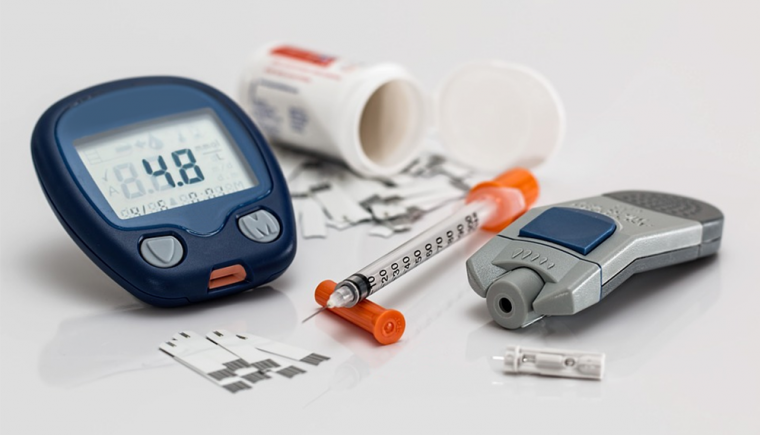
Treating Type 2 Diabetes with Weight Loss Surgery
January 12, 2017In 2016, a number of diabetes associations began to recommend metabolic weight loss surgery as a standard treatment for patients diagnosed with type 2 diabetes (T2D). Metabolic surgery, which is more commonly known as bariatric surgery or weight loss surgery, is a gastrointestinal operation designed to cause weight loss.
Though this procedure was once thought of as a last resort for treating T2D, we have discovered that it needs to have a higher priority among treatment options since it can have a tremendous impact on a person’s health when comparing it to other traditional treatments.
For example, studies have shown that less than half of adults who have T2D are able to meet their goals to lower their risk of major long-term health complications. On the other hand, bariatric surgery has been shown to help patients regulate their blood sugar levels more effectively than simply using medication or making lifestyle changes. As a result, many people who have metabolic surgery experience major improvements in their blood sugar levels and reduce their risk of certain heart problems. This makes bariatric surgery highly effective for both the prevention and treatment of diabetes.(1)
Is Bariatric Surgery Right for You?
If you have type 2 diabetes and are wondering if bariatric surgery is right for you, it is important to ask your primary care doctor to measure your Body Mass Index (BMI), since this plays a very important role in determining if you are an ideal weight loss surgery candidate.
Bariatric surgery should be recommended for patients fitting into these groups:
- Bariatric surgery should be used to treat patients who have a BMI greater than or equal to 40 kg/m².
- This also applies for T2D patients who have a BMI between 35 and 39.9 kg/m² when their high blood sugar isn’t able to be controlled by lifestyle and medical therapy.
Your health can be at high risk if you meet the criteria for weight loss surgery and wait too long to have the procedure. Waiting, for example, until you are encountering debilitating medical problems is the wrong time to have weight loss surgery. Patients simply do much better in recovery and weight loss when we intervene in their disease before they become heavier and develop additional co-morbidities beyond T2D.
Early Intervention Treating Type 2 Diabetes
Early intervention treating type 2 diabetes with weight loss surgery can play a major role reducing your risk of developing more diseases. Waiting to have surgery until after you develop additional health problems such as heart disease, internal organ damage, or failing knees could make weight loss surgery more difficult to have and recover from.
There are a number of health benefits that may come about as a result of weight loss. For example, many T2D patients who have bariatric surgery are able to completely come off their diabetes medication, even before major weight loss. Even those who can’t stop their medication usually have significantly reduced requirements and have much better control over their blood sugar levels. Socially, patients may also have more energy and are able to spend more time with family and friends.
Importantly, patients should properly prepare to make behavioral changes after surgery for long-term success. Surgical intervention simply goes hand-in-hand with the need for behavioral change. You must make behavioral changes to make the surgery work. The surgery is a powerful tool to help make your weight loss successful and improve your quality of life by becoming T2D free. However, there are certain risks associated with weight loss surgery and patients should discuss those with their doctor to determine if it’s right for them.
References
(1) "Consensus from Diabetes Organizations Worldwide: Metabolic Surgery Recognized as a Standard Treatment Option for Type 2 diabetes." American Diabetes Association. N.p., n.d. Web. 04 Nov. 2016.
 | ABOUT THE AUTHOR Dr. C. Joe Northup graduated from West Virginia University School of Medicine, completed his residency at the Medical College of Ohio & completed his Advanced Laparoscopic and Bariatric Fellowship at the University of Virginia. Dr. Northup is active in the national ASMBS (American Society of Metabolic and Bariatric Surgery), serving on multiple committees and was named as Co-Chairman of the ASMBS Access to Care Committee. Dr. Northup practices with Premier Metabolic and Bariatric Associates, part of Premier Health Specialists, one of the largest groups of specialty care practices in Southwest Ohio. |



